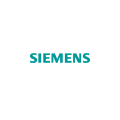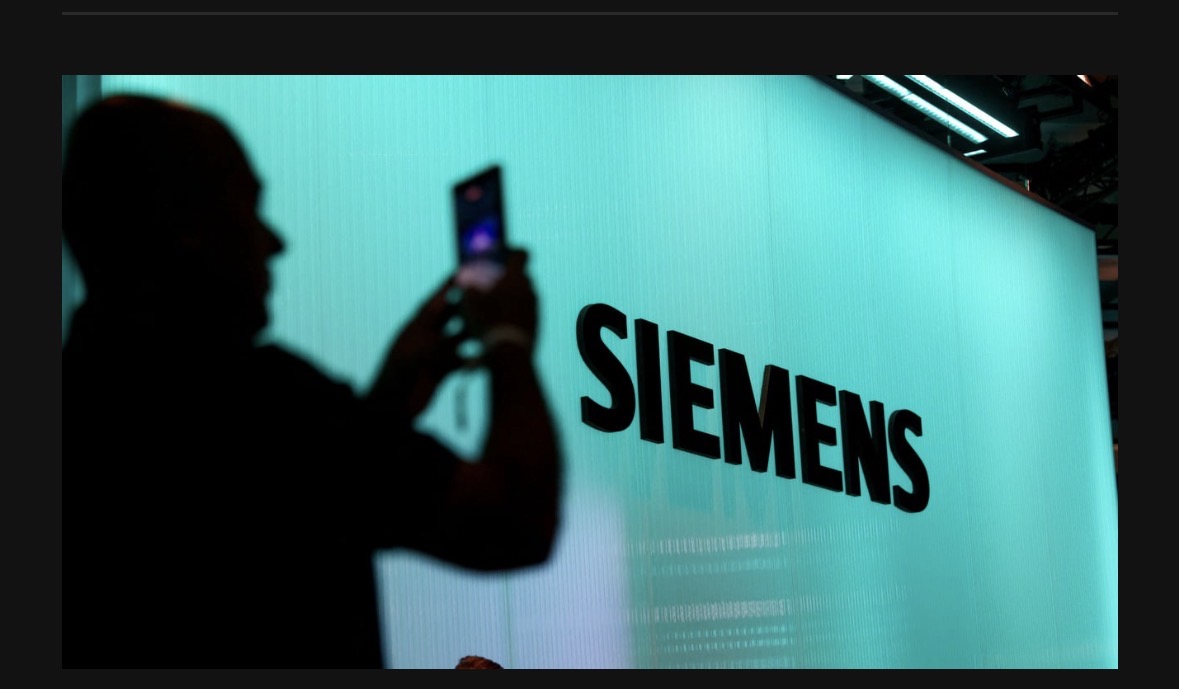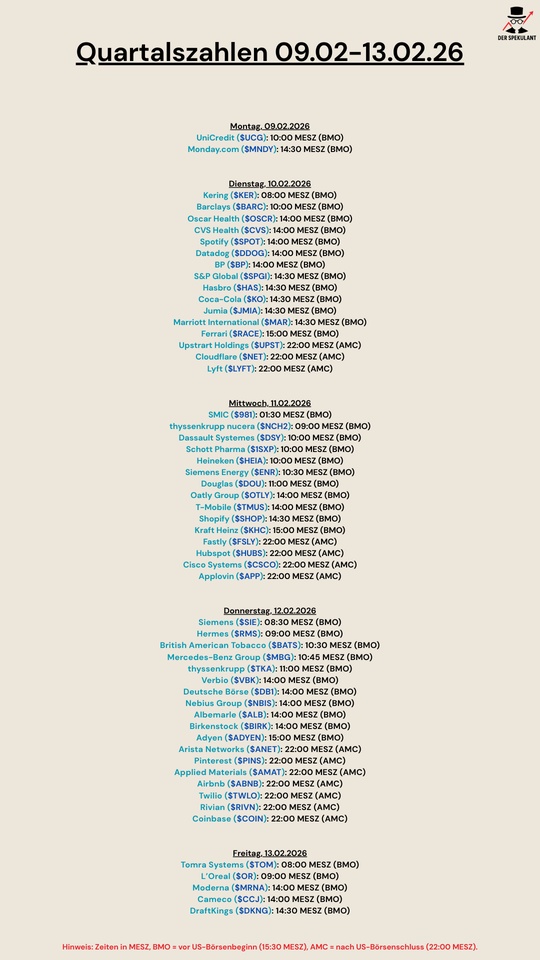The state as a market player
When debt is problematic - and when it enables growth. Classification beyond simple debt ratios
Reading time: approx. 5-6 minutes
Fiscal policy is not a side issue for the markets in 2026. It is a valuation factor. Budget deficits, special funds, defense budgets, industrial policy - all of these have a direct impact on yields, valuation multiples and sector rotations. If you only look at debt ratios, you miss the point. The decisive factor is the ratio of growth to interest rates - in short: g to r.
g stands for the nominal growth of an economy, i.e. real growth plus inflation. r stands for the average effective interest rate at which a state refinances itself. The sustainability of debt depends largely on how these two variables relate to each other.
The key correlation is as follows: as long as the nominal growth of an economy is higher than the average financing rate of its debt, the debt ratio stabilizes or decreases relative to GDP - even in the case of moderate primary deficits. Formally: If g > r, time works for the debtor. If r > g, time works against him.
Why is this the case? Government debt is measured in relation to economic output. If GDP grows faster than interest costs, the economy "grows" relatively into debt. The ratio falls or remains sustainable. If the ratio reverses, interest expenditure increases relatively more than the economy's income. This creates fiscal pressure.
This logic is not new. It can already be found in classical debt arithmetic and has often been linked to the inequality formula r > g from the work of Thomas Piketty in more recent discussions. It is important to classify it correctly: there, r > g describes the relationship between return on capital and growth in the context of wealth concentration. The mechanics are similar for public finances, but the focus is different - it is about debt sustainability. The mathematical core is related, but the economic application is different.
Applied to 2026, this means that in a world of structurally higher interest rates, the difference between g and r will become the decisive macro lever.
The German government debt ratio is currently around 63-65% of GDP. Internationally, this is moderate. However, the decisive factor is momentum. Nominal growth has recently been roughly in the region of 2-4 %, depending on the quarter. At the same time, new issue yields for ten-year German government bonds are in the range of around 2.5-3 %. Germany is therefore in a borderline zone. g and r are close to each other. A clear growth advantage no longer exists automatically as in the zero interest rate regime.
This makes the quality of fiscal spending crucial. If additional debt has a primarily consumptive effect, the ratio rises faster than economic output. If, on the other hand, it flows into infrastructure, digitalization or defence capacities, it potentially increases trend growth - i.e. g - and shifts the equation in favour of sustainability.
Rising defense budgets have a direct impact on $RHM (-4,8 %) (Rheinmetall AG). Infrastructure and industrial projects increase the order base at $SIE (-3,4 %) (Siemens AG). Grid investments stabilize regulated cash flows at $EOAN (-0,17 %) (E.ON SE) and $RWE (-2,22 %) (RWE AG). Digital modernization strengthens providers such as $SAP (+1,55 %) (SAP SE) or security providers such as $YSN (-4,39 %) (secunet Security Networks AG). These are concrete fiscal transmission channels in sales, cash flow and margins.
But every additional issue also has an impact on the bond market. Higher supply can cause yields to rise. Higher yields increase discount rates - particularly relevant for long-dated growth cash flows. Fiscal policy therefore generates two forces: profit impetus through demand and valuation pressure through higher capital costs. Which one prevails depends on the market framework.
In the US, the government debt ratio is significantly higher - roughly in the range of 115-125% of GDP. At the same time, nominal growth is more robust than in Europe. As long as nominal growth is in the range of around 4-6% and long-term Treasury yields are below or only slightly above this level, the debt dynamic remains manageable. It becomes critical when interest expenditure rises faster than the nominal income of the economy.
Industrial policy programs have a direct impact on individual sectors. Semiconductor investments stabilize investment cycles at $INTC (-0,51 %) (Intel Corporation) and $NVDA (-1,15 %) (NVIDIA Corporation). Defense spending supports $LMT (-1,72 %) (Lockheed Martin) and $NOC (-1,34 %) (Northrop Grumman). Infrastructure programs have an impact on $CAT (-4,3 %) (Caterpillar Inc.). Tax incentives in the energy sector stabilize cash flows at $NEE (-0,88 %) (NextEra Energy). Fiscal policy becomes a sector-specific source of income.
The historical US post-war example illustrates the dynamics. After the Second World War, the debt ratio was over 100 %. It fell significantly in the following decades. Strong nominal growth played a central role. At the same time, financial repression, regulated capital markets and phases of unexpected inflation had a debt-reducing effect because they reduced real interest burdens. g was greater than r for a longer period of time - partly also influenced by politics.
Conversely, the European sovereign debt crisis showed what happens when r > g and confidence wanes. Rising risk premiums increased interest costs, growth stagnated and the debt ratio turned negative.
For investors, this means that debt is not a moral judgment, but a mathematical and institutional issue. The decisive factors are growth, interest rates and confidence. If you only look at the debt ratio, you ignore the dynamics behind it.
In 2026, it is precisely these dynamics that will be decisive. In an environment without a zero interest rate buffer, fiscal policy is no longer an automatic growth lever. It can enable growth - if it is used productively and g is stable above r. However, it can also generate valuation pressure if r rises above g in structural terms.
The state is therefore one of the largest allocators of capital in the world. Its budget decisions act like an additional investment fund in the trillions. If you want to understand markets, you have to read this dynamic in the valuation framework - not in isolated percentages.
The next part will conclude the series: Part 10 - Why key figures fail without a valuation framework. There I will bring the entire series together with the key figures series - and show why classification is more important than mathematical precision.





















